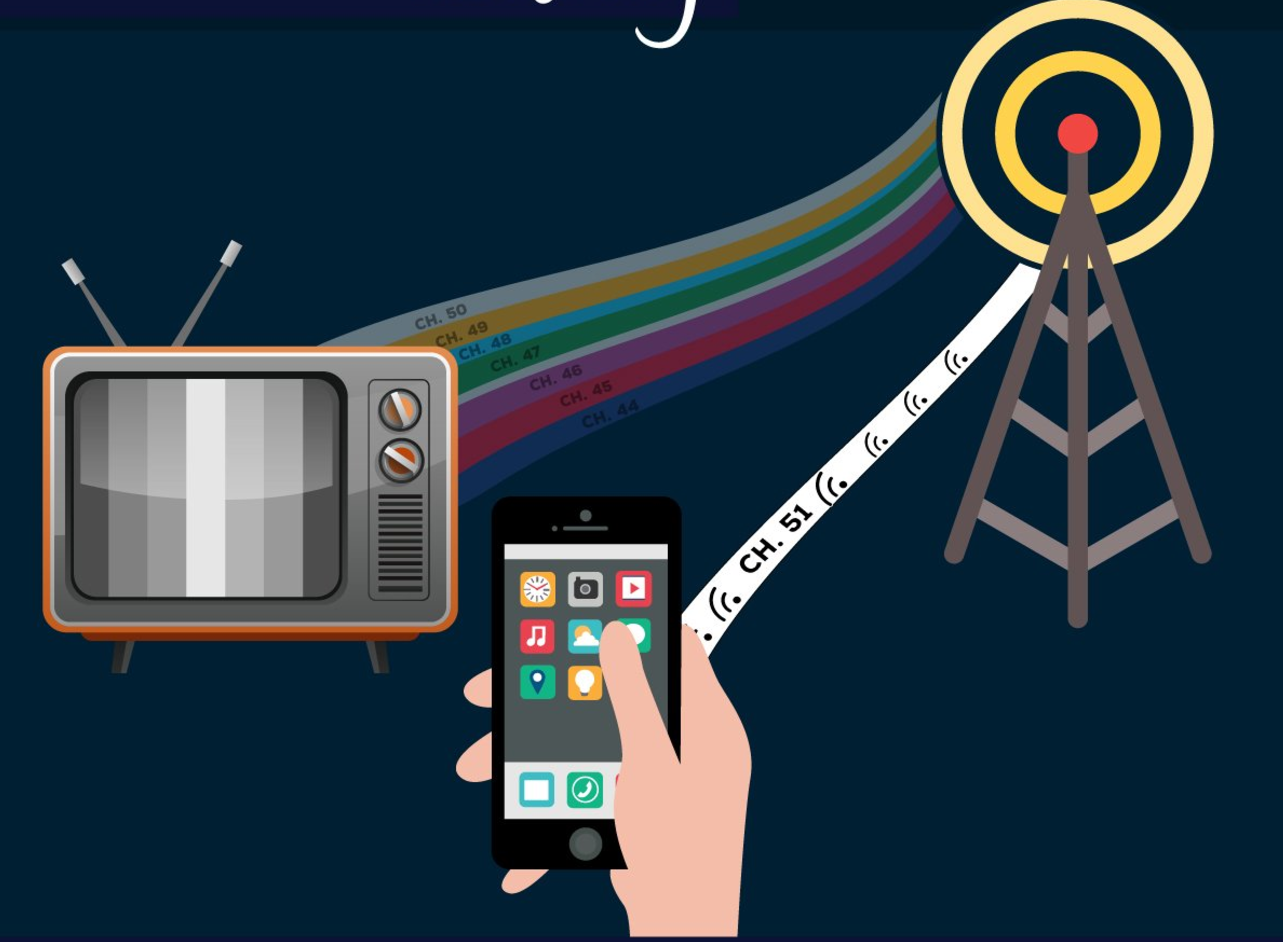ACT | The App Association applauds Congress’s action to restore the Federal Communications Commission (FCC) to its full strength by holding a confirmation hearing for Chairman Ajit Pai, Jessica Rosenworcel, and Brendan Carr. With a full dais, the FCC can move forward on tackling the important issues we face in the tech industry, including rural broadband. Broadband deployment has been on the minds of legislators and regulators, and television white spaces (TVWS) have been proposed as one of the solutions to address this longstanding challenge. We have advocated for the use of TVWS to help bridge the digital divide for Americans in the most remote parts of our country, in communities that would otherwise not have access to broadband at all. This would help ensure that more Americans can enjoy and benefit from the innovations and efficiencies provided by App Association members.
We are encouraged by the FCC chairman’s attention to the challenges presented by rural broadband deployment, and we appreciate his consideration of a variety of solutions to bring more Americans online. For example, in 2014, Chairman Pai noted the utility of unlicensed spectrum for rural communities, and even praised the opportunities TVWS provided to innovative wireless internet service providers (WISPs). In fact, he congratulated innovators for developing “TV white space solutions that help[ed] WISPs extend their reach,” and endorsed the idea of the FCC providing more unlicensed spectrum to assist American entrepreneurs.
Making the most of unused spectrum to deploy broadband would unlock opportunities throughout the heartland. Unlocking the potential of TVWS for the American public would enable app developers and innovators to address the needs of our country’s rural communities. TVWS could help corn farmers in Iowa collect data on crop growth from censors in the soil, or ranchers in Montana monitor the health of cattle through wearable tags. It could usher in tech-enabled monitoring of patients suffering from chronic diseases in rural communities in Mississippi, or extend wireless broadband from public schools to students’ homes in Virginia. In fact, Chairman Pai recently met with Dylan Harris, a Virginia high school student who is using TVWS to access the internet at home and apply for college, utilizing a much-needed bridge for our country’s homework gap. These examples, among many others, help demonstrate that TVWS are a crucial ingredient in the FCC’s efforts to address the challenges of rural broadband and bridge the digital divide.
Citing the importance of this issue, and its impact on 23.4 million rural Americans without access to broadband, Chairman Pai has deemed August “Rural Broadband Month.” We look forward to the FCC’s attention to this critical issue, and commit to working with the FCC and other stakeholders to bring the innovation and competition of the dynamic app economy to Americans in all parts and pockets of the country. Increased access to the internet through more robust broadband deployment helps all of our members, and we are excited by the potential offered by Microsoft through their TVWS rural broadband strategy.
